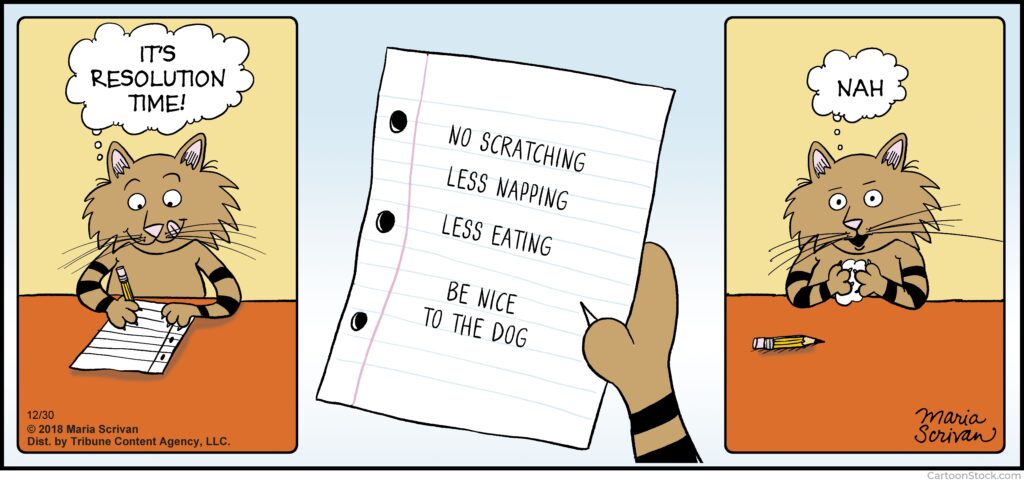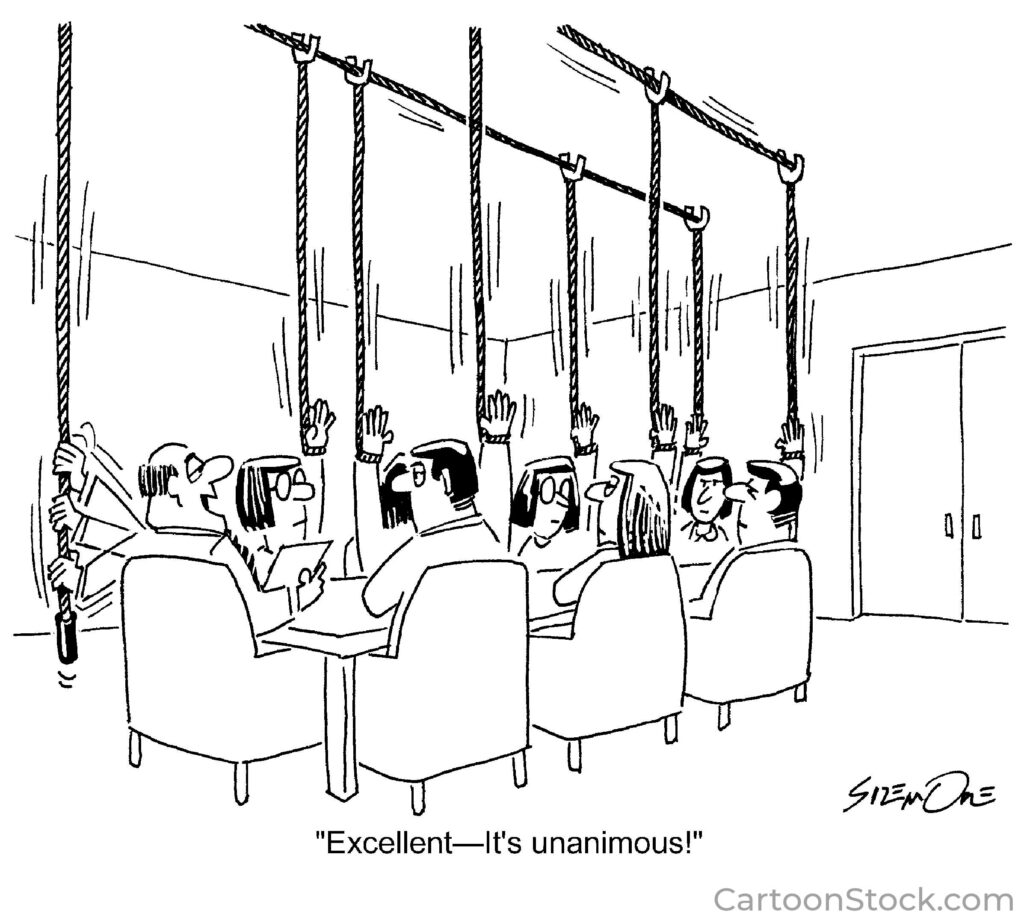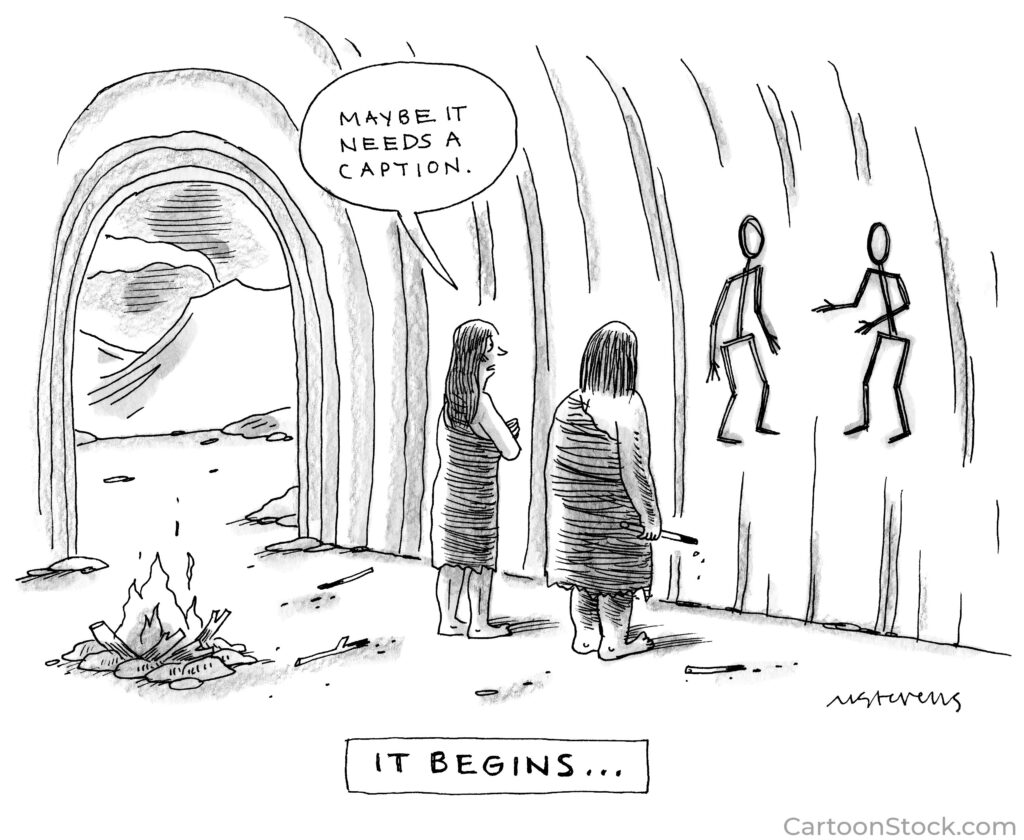
My eight-year-old grandson worries about being struck by lightning. I try to assuage his fear by sharing facts and expounding on probability theory:
-
-
- According to the CDC, roughly 40 million lightning bolts touch down in the country every year—with the odds of being struck less than 1 in a million.
- Less than 250 people are injured by lightning every year, according to the National Weather Service. And only about 10% of those people actually die as a result.
- Among those who are hit, about 90% survive the ordeal, the CDC says. In the U.S. there were only 444 deaths from lightning strikes from 2006 through 2021.
-
But facts don’t seem to assuage his fears. When someone is emotionally torqued, logic and reasoning usually don’t often bring relief, at least not initially.
I’m confident that Benjamin will grow out of this fear.
But as adults, it’s helpful if we can self-regulate our fears by considering probability.
For instance, some people are afraid of flying, though statistics confirm that a person’s chances of dying while in a car are much higher. A Harvard University study found that the odds of a plane crashing are 1 in 1.2 million. Even more reassuring, the chances of dying in a plane crash are 1 in 11 million. Compare that with a National Highway Traffic Safety Administration (NHTSA) report that 38,824 people died in motor vehicle accidents in 2020 (0.012%).
But what about causes of injury and death that are statistically probable? For instance 1 in 6 people die of heart disease (16.67%). Well, we still don’t need to worry because worrying doesn’t help. But we can take steps to lessen the probability of being impacted. That’s why I have a cardiac exam twice a year and take Corvedilol for cardio-myopia. I should adopt a more heart-healthy diet (notice I wrote I should, not I have; that’s a topic for another post).
So don’t worry about low-probability events or high-probability events. Philippians 4:6 teaches us, “Don’t worry about anything; instead, pray about everything” So let’s do that.



